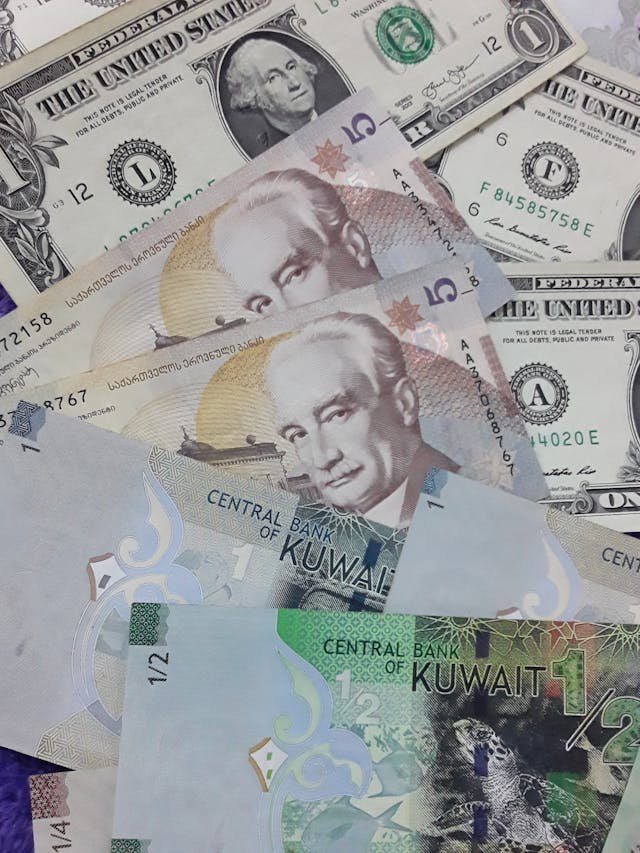The Middle East has emerged as a burgeoning hub for financial technology (Fintech) companies. The region has seen the rise of new fintech centers, which are nurturing dynamic startups and steering an increasing number of IPOs. The year 2021 marked a significant surge in late-stage investments, amassing $2.5 billion, nearly twice the figure from half a decade earlier.
From a solitary fintech hub in 2018, the GCC has expanded to four prominent centers by 2022: the Abu Dhabi Global Market, Bahrain Fintech Bay, Fintech Saudi, and the FinTech Hive at the Dubai International Financial Centre. Investments in fintech within the wider Middle East and North Africa region soared to $448 million in 2021, encompassing 108 fintech-related transactions. Notably, the year also recorded four fintech exits, the most in any single year to date.
Let’s see the unique blend of factors that make this region an attractive market for Fintech startups.
- High Mobile Penetration and Internet Usage: The Middle East boasts some of the highest rates of mobile penetration and internet usage in the world. This digital-savvy population is more inclined to adopt new technologies, providing a ripe market for Fintech services.
- Young and Tech-Savvy Population: With a significant portion of the population under the age of 30, the Middle East has a young, tech-savvy demographic eager to embrace innovative financial solutions that align with their digital lifestyle.
- Supportive Government Initiatives: Many governments in the region have launched initiatives to promote digital transformation and economic diversification. These include investments in smart city projects, regulatory sandboxes for Fintech startups, and financial incentives.
- Untapped Market Potential: Despite the high demand for digital services, many areas in the Middle East are underserved by traditional banks. Fintech startups can capitalize on this gap by offering accessible and user-friendly financial services.
- Increasing Investment in Fintech: The Middle East has seen a surge in Fintech investment,
with investors recognizing the potential for growth in the region. This influx of capital is a positive sign for startups looking for funding and support. - Strategic Geographic Location: The Middle East’s strategic location as a bridge between East and West offers Fintech companies access to diverse markets. It serves as a gateway to not only the Gulf Cooperation Council (GCC) countries but also to Africa and Asia.
- Growing E-commerce Sector: The region’s e-commerce sector is booming, which complements the growth of Fintech. As more consumers shop online, there is a greater need for secure and efficient payment solutions.
- Innovation-Friendly Environment: The Middle East is home to several innovation hubs and accelerators that foster a culture of entrepreneurship. These platforms provide mentorship, networking opportunities, and resources that are invaluable for startups.
- Diverse and Multilingual Market: The Middle East’s diverse population requires financial services that cater to multiple languages and cultures. Fintech companies with a multilingual approach can tap into a broader customer base.
- Progressive Regulatory Frameworks: Some countries in the Middle East have established progressive regulatory frameworks that encourage Fintech innovation while ensuring consumer protection. This balance between regulation and innovation is crucial for the growth of Fintech startups.
To conclude, the Middle East offers a dynamic and promising environment for Fintech startups. The fintech sector is witnessing intense competition and rapid evolution worldwide, propelled by the advent of digital technologies that are unlocking unprecedented opportunities. With an auspicious beginning, the GCC must leverage this initial success to foster robust and enduring growth in fintech. Such progress will not only enhance the financial services sector but also align with the GCC’s broader goals of economic diversification and heightened innovation.
